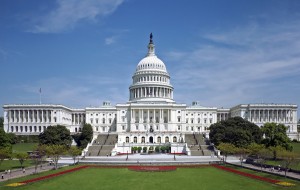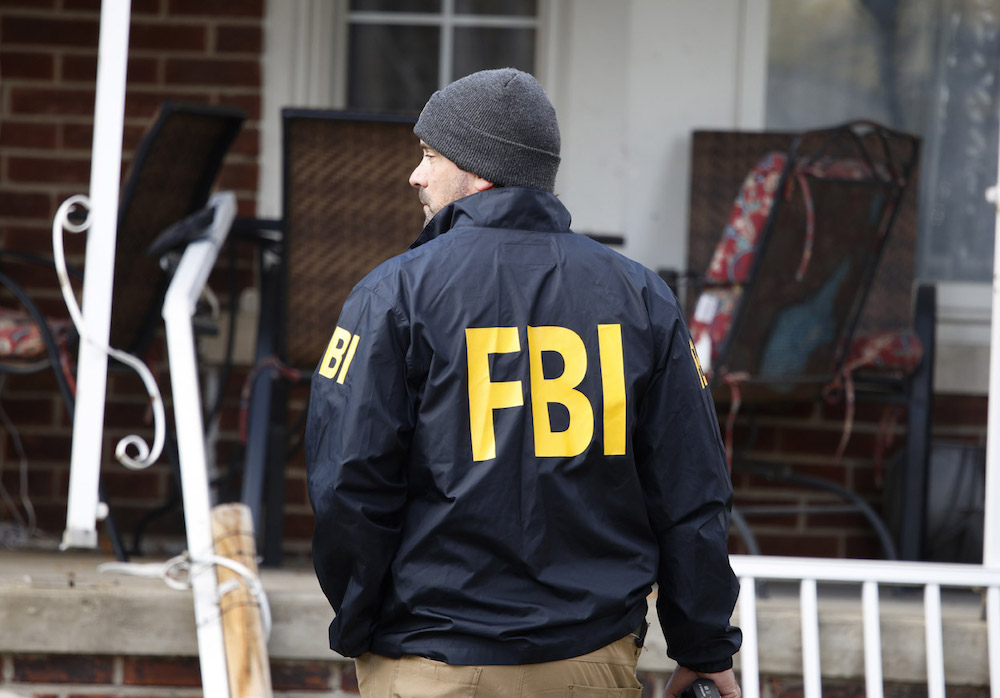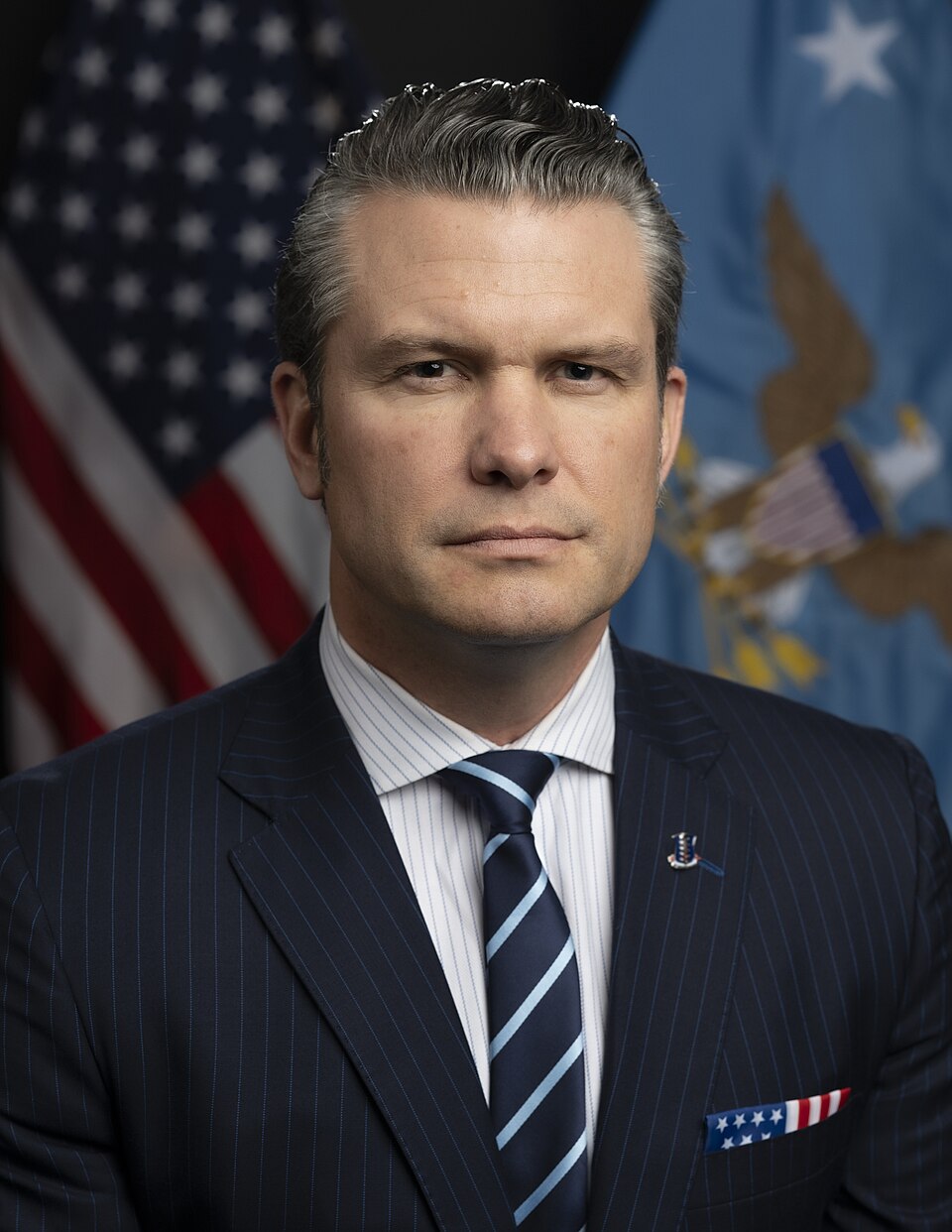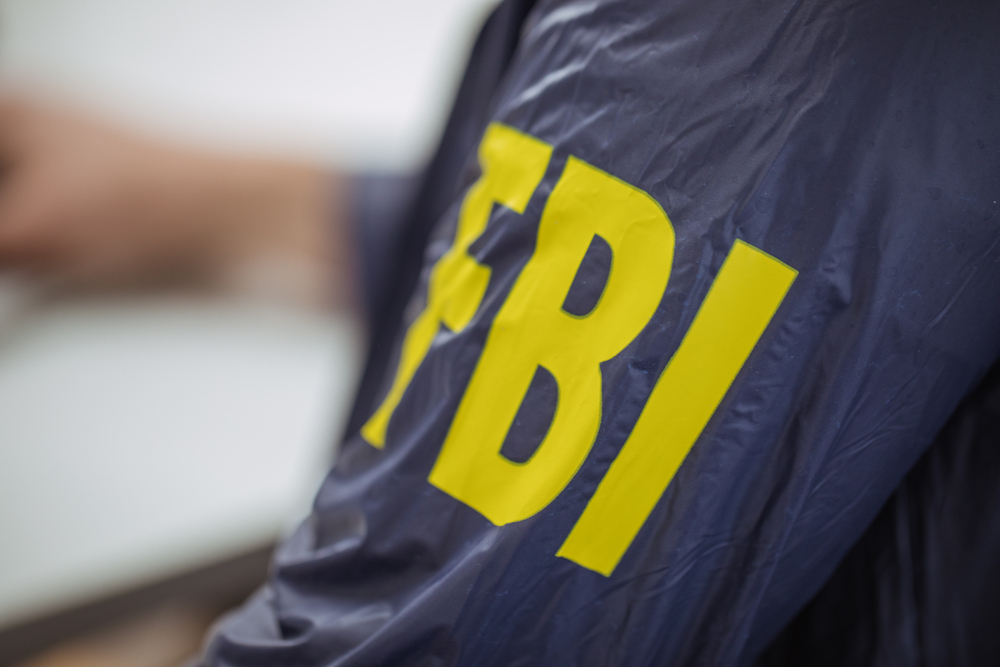 By Edtorial Board
By Edtorial Board
Buffalo News
One could say that the Justice Department’s finding a way to unlock an iPhone without help from Apple is unfortunate.
To some, it could further delay serious discussion about privacy rights in this age of fast-evolving technology.
Congress needs to face up to its obligation to have this debate and to come to some reasonable conclusion. It needs to balance privacy rights with the increasingly challenging task of keeping the country safe from those who would commit mass murder.
This is a long-standing and continually developing issue, and one that Congress has largely ignored, as technology changes and becomes a tool of terrorists. Fundamentally, the law has not kept pace with science. But the need for a response is plain, even if the answers are difficult.
More and more Americans keep personal information, sometimes sensitive information, on their smartphones. Constitutionally, they have a right to privacy.
Yet the ability to monitor terrorists, who value body counts above all else, is also tied to technology, as is the investigation of crimes such as the San Bernardino, Calif., massacre that prompted this confrontation.
Both sides have compelling cases, which is a prescription for court action. It would be better for Congress to debate and resolve these questions.
Privacy advocates say they will keep the issue at the forefront, but the Justice Department has withdrawn its legal effort to compel Apple to unlock an iPhone and, in so doing, assist in an investigation of a mass shooting.
The phone belonging to one of the San Bernardino killers, Syed Rizwan Farook, may contain information about where he and his wife, an accomplice in that horrific attack in which 14 people died, may have traveled, who they contacted or any further plots.





